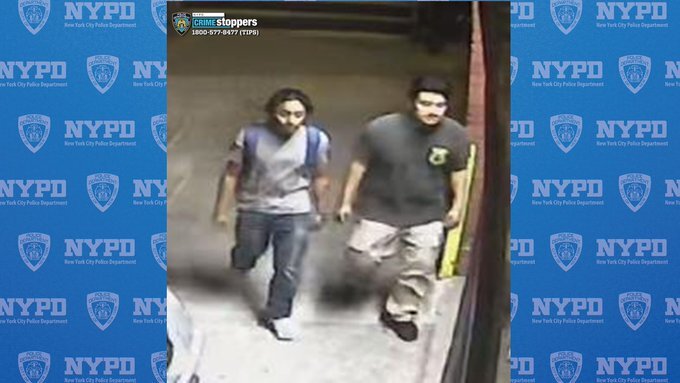By Patrick Donachie
Elected officials, community advocates and members of the NYPD’s Hate Crimes Task Force gathered during a forum at the Queens Library in Flushing last week to encourage New Yorkers to report potential hate crimes.
The forum was focused on the city’s Asian-American community and followed a pair of assaults in Flushing earlier this year against two Chinese women. Those attacks have been classified as hate crimes.
State Assemblyman Ron Kim noted that his office has received many calls from victims of potential hate crimes, but the callers often said they never reported their claims to the police.
“If you don’t report it, how do we actually go to the NYPD to say there’s a trend, there’s a problem?” he said, and urged the Asian community to report crimes if they occurred . “We want to encourage our folks to work with us and work with the NYPD so they report all the crimes.”
Deputy Inspector Mark Magrone, head of the NYPD Hate Crimes Task Force, detailed how community members could report a suspected hate crime and discussed police statistics on hate crimes from previous years.
Assault, criminal mischief and aggravated harassment were consistently the most common types of hate crimes reported, according to Magrone. He noted that incidents often spike in the aftermath of global events, such as the recent terrorist attacks in Paris and San Bernardino, Calif. He attributed the large jump in the number of hate crimes against Asians in New York City (from two in 2014 to 10 in 2015) at least in part to Tyrell Shaw, who was suspected of multiple assaults against Asian women in Manhattan in June. He was found dead of an apparent suicide before he was arrested.
Some worried, however, that the number of the anti-Asian hate crimes belied the true story.
“Those are seriously underreported,” said Karlin Chan, the senior council for the Chinese Freemasons Athletic Club. “A lot of people are undocumented and are scared. People don’t want to put themselves on the radar.”
He pointed to a corrosive combination of fear and confusion that often dissuades Asian New Yorkers from alerting the NYPD about possible hate crimes. He believes undocumented Asian immigrants are often scared they will be deported if they report a crime, and others feel the process of reporting a hate crime is too onerous.
“Most immigrants work 10 to 12 hours. They’d have to take a day off of work,” he said. “If you get bopped on the head and the guy doesn’t take a plea deal, it could take a year before trial.”
Some attendees were frustrated that all the presentations and reading materials offered at the forum were in English. Magrone said reading materials in other languages should be available in the coming weeks.
Magrone also stressed that undocumented immigrants will not be deported if they report a crime. Magrone said NYPD officers are barred from asking the immigration status of someone who reports a crime, as mandated by an executive order signed by Mayor Michael Bloomberg. Early last month Mayor Bill de Blasio announced new visa certifications that would allow undocumented immigrants who are crime victims to legally remain in the country while they assist in the investigation. Those new rules could also potentially provide a path to legal permanent residence status for immigrants.
Chi Loek, the co-executive vice president of the Organization of Chinese Americans’ New York chapter, hopes that more Asian hate crime victims will be emboldened to come forward. He recalled a delivery man who was assaulted in East Harlem’s Wagner Houses in February, and after encouragement from his brother, the victim decided to report the incident.
“He came out,” Loek said, “and encouraged other people to come out for their rights.”

































